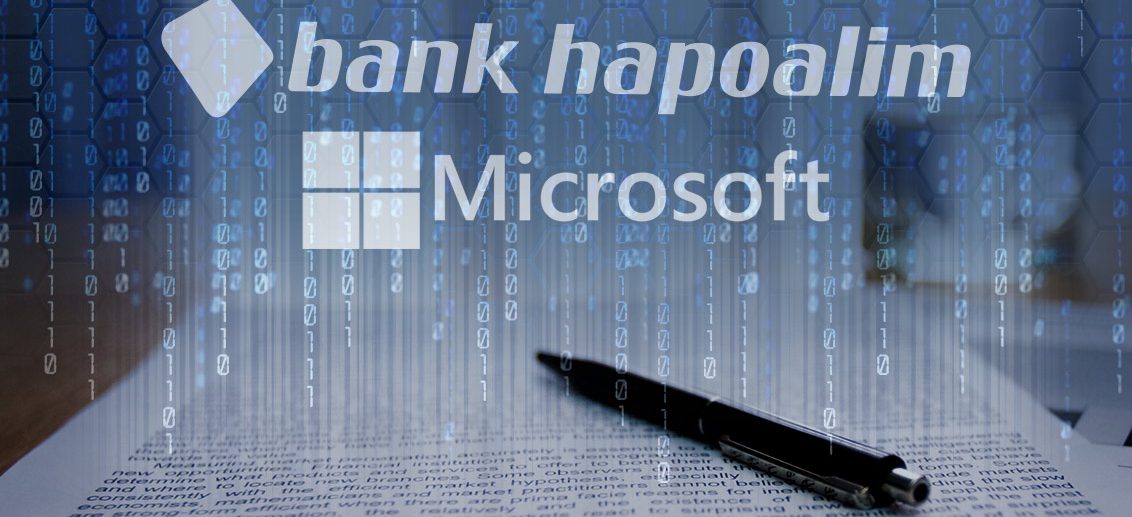|
Getting your Trinity Audio player ready...
|
Banking and finance has so far been the main beneficiary of blockchain technology deployments, with institutions across the world increasingly turning their focus to how the distributed ledger can help their business.
Now it’s the turn of Israel’s leading banking group, Bank Hapoalim, which has announced today it has partnered with Microsoft to develop a platform for digital guarantees.
According to local press reports, the partnership will see the development of a blockchain platform for issuing bank guarantees digitally, removing much of the administration costs of what is currently a largely paper-based system.
It also reports that the country’s central bank, the Bank of Israel, is involved in shaping the process, fuelling further speculation that similar models could eventually be adopted more broadly throughout the Israeli banking sector.
Bank Hapoalim CEO Arik Pinto said the model would help improve security, automation and all-round efficiency in the process of issuing guarantees to their customers.
“The new process will enable Bank Hapoalim customers to receive security documents in a digital, automated and secure manner, without physically coming to the branch and in a very short process. The use of blockchain technology will significantly improve the customer experience and the level of trust in the banking system.”
The protocol is being developed by Microsoft on their Azure platform, which has emerged as the frontrunner for a number of blockchain developments in partnership with the IT giant.
Shelly Landsmann, of Microsoft Israel, said the collaboration would ultimately help the wider banking sector, with the potential to change the way banks generally issues these guarantees in future.
“This is the first collaboration of its kind in Israel in the banking sector that will enable a digital revolution, access to advanced services and the combination of technology and business needs.”
Bank guarantees are instruments whereby banks guarantee the principal on loans as a safeguard against default. Switching their issue over to a blockchain solution is a model that has already found favour at other banks globally, including Westpac in Australia.
By negating the need for paper documentation, and allowing for flexibility, security and automation throughout the process, Bank Hapoalim will be hoping to demonstrate significant efficiency gains from developing this new use case for the technology.

 02-27-2026
02-27-2026 




